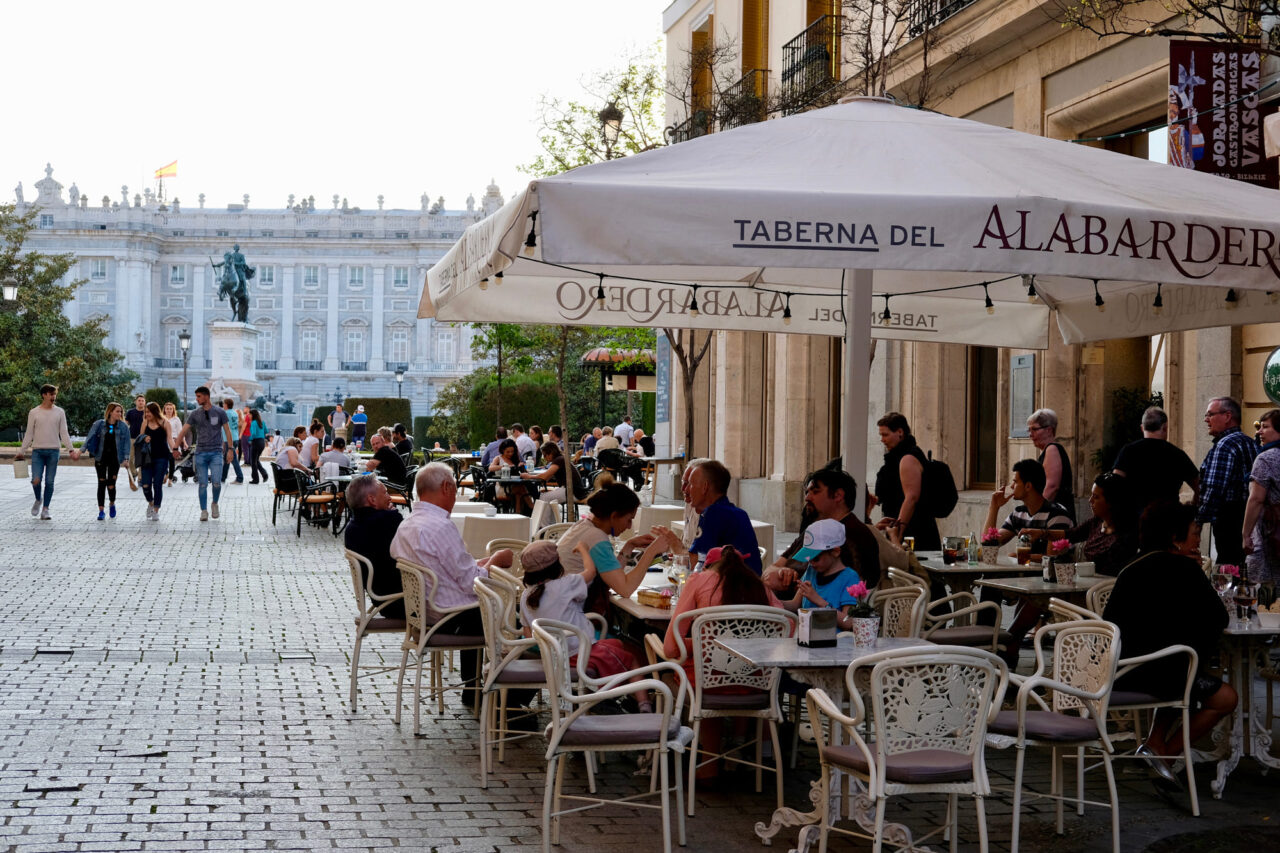
Imagine you're visiting a new city and you decide to stay at an Airbnb flat. You're excited to experience the local culture and try out all the unique restaurants and shops in the area. Well, it turns out that you're not the only one who feels this way. As it turns out, Airbnb has been having a major impact on cities around the world, and it's all because of people like you spend a high proportion of your budget in the establishments near the accommodation.
A rapid growth
Airbnb – the popular platform that lets people rent out their homes or apartments to travelers - in just a few short years has grown from a small number of rented properties to over seven million in over 100,000 cities worldwide. This rapid expansion has sparked a lot of debate about the economic impact of short-term rentals in urban areas.
One positive aspect about Airbnb is that it can really boost local economies. When people stay at an Airbnb, they often want to experience the local culture and try out all the cool restaurants and shops in the area. This can be especially helpful for neighborhoods that don't have as many traditional accommodations because it brings in new visitors who might not have otherwise come to that part of the city. Furthermore, it has been seen that the short-term rental disruption has contributed to residential investment, helping to conservate historical and old buildings.
On the other hand, there are also negative consequences associated with the growth of short-term rentals. Some studies have shown that short-term rentals can lead to higher housing prices and rents, negatively impact hotel performance, and affect the welfare of both residents and tourists. This has led local authorities in some cities to adopt policies to regulate short-term rental activity to mitigate these negative effects.
Airbnb and the local economies
It is being debated how and how much Airbnb and other short-term rentals affect local economies. Researchers from the IMT School for Advanced Studies and Complutense University of Madrid are conducting research to understand how Airbnb affects the number of restaurant businesses in a city like Madrid.
The question to study is complicated by the fact that the number of Airbnb rooms in an area can be affected by the number of restaurant establishments in that area, making it difficult to determine which is first.
To address this problem, they used a method called the instrumental variable (IV) approach: the study used the share of rental houses in 2011, before Airbnb arrived in Madrid, as a way to predict where Airbnb would go next. In other words, a variable not directly related to the outcome of interest was used. In this sense, the authors exploit the main mechanism through which Airbnb has grown its offerings: the shift from long-term to short-term rentals. Based on this prediction, areas with a high number of rental homes in 2011 will be areas with a high number of Airbnb later on.
Ten rooms for one restaurant
The results of the study showed that Airbnb had a positive impact on both employment and the number of food and beverage establishments in Madrid. For every ten Airbnb rooms in a given area, there was almost one more food and beverage establishment, and in a given neighborhood, there were eight more employees in food and beverage activities. This impact was seen across different types of food and beverage establishments, with restaurants benefiting the most. The positive impact of Airbnb was strongest in areas that weren't as touristy, suggesting that short-term rentals can help redistribute tourism consumption throughout a city.
Tourists versus residents
It's a hot topic, especially when it comes to the potential uneven impact across different neighborhoods in a city. Tourists, with their diverse needs and preferences, can change the economic activities around their temporary home-away-from-home. As short-term residents take the place of long-term residents, the demand for local goods and services – like restaurants, coffee shops, and retail stores – may increase. Airbnb claims that guests like to stay close to their listings and spend money in the area, which can create a local market expansion and boost demand for these types of amenities. But short-term rentals aren't evenly distributed across a city like traditional accommodations, so the economic impact of tourism may be redistributed as well. This could potentially expand the benefits of tourism beyond more traditional tourist areas. That's why some local authorities have implemented policies to regulate short-term rental activity in city centers while allowing it in peripheral areas.
While the proliferation of new restaurants may seem like a positive development at first glance, it is important to consider the potential negative consequences as well. The rise of these businesses may lead to the displacement of other types of businesses that are not geared towards tourists, potentially leading to the loss of local character and the erosion of a community's unique identity. This displacement can also contribute to the gentrification of neighborhoods, as the influx of tourists and the corresponding rise in rental prices may make it difficult for long-time residents to afford to live in their own communities.
The debate about the overall impact of companies like Airbnb on cities is ongoing, and more research is needed to fully understand the positive and negative effects. While it is clear that tourism can bring economic benefits, it is important to also consider the potential negative consequences and address them, otherwise, they may jeopardize the entire sector.